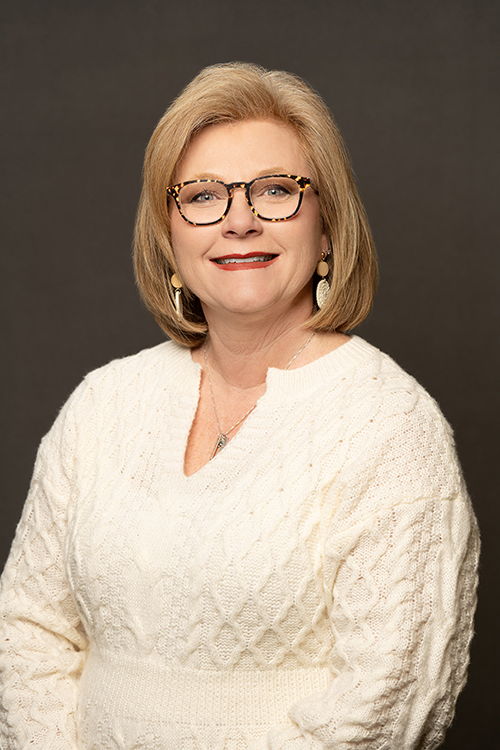Supporting Working Family Caregivers: A Win-Win for Employers and Employees

Throughout my 30+ years working in senior care administration, I've had the privilege of working closely with family caregivers, and I've come to appreciate the challenges they face daily. Many of these unsung heroes are not just dedicated employees; they are also devoted caregivers at home. In this article, I would like to shed light on how employers can identify their employees who are family caregivers and provide the resources and compassion needed to support their dual roles effectively.
Identifying Working Family Caregivers
Family caregivers often go unnoticed at the workplace. They are masters at managing both their professional responsibilities and caregiving duties, but they can only keep up this juggling act for so long. Here are some signs that can help you identify your employees who are family caregivers:
1. Frequent Time-Off Requests: Family caregivers may need to take time off more often than others to attend medical appointments, manage crises, or simply catch their breath.
2. Changes in Productivity: A caregiver's stress can affect their job performance. They might become forgetful, less focused, or make more errors.
3. Physical or Emotional Exhaustion: Caregivers may show signs of physical exhaustion, such as fatigue, sleep deprivation, or even weight changes. Emotional exhaustion may manifest as increased irritability or anxiety.
4. Absenteeism or Tardiness: Being a caregiver can result in frequent absences or late arrivals at work due to unexpected caregiving responsibilities.
Supporting Your Caregiving Employees
Once you've identified employees who are family caregivers, it's essential to offer them support, resources, and compassion. Here's how you can do that:
1. Flexible Work Arrangements: Consider allowing flexible hours, remote work options, or compressed workweeks. These adjustments can help caregivers better manage their caregiving responsibilities.
2. Employee Assistance Programs (EAP): EAPs provide confidential counseling and support services for personal and work-related challenges. Encourage caregivers to make use of these resources.
3. Informative Workshops: Organize workshops or seminars that educate all employees about the challenges faced by caregivers. This can create a more compassionate and understanding work environment.
4. Caregiver Resource Materials: Provide your caregiving employees with informational resources, such as brochures, websites, or contact information for local caregiver support organizations.
5. Supportive Supervisors: Encourage supervisors to be understanding and accommodating. They should be willing to listen to their employees' needs and provide support as necessary.
Connecting with Local Caregiver Resources
In our community, we are fortunate to have access to various resources that can greatly benefit working family caregivers. As an adult day provider, A Senior Retreat offers respite care, where caregivers can bring their loved ones for the day, allowing them time to focus on their work. Here are some additional resources that employers and employees can tap into:
1. Local Adult Day Programs: These programs provide a safe and engaging environment for seniors and individuals with disabilities, offering much-needed respite for family caregivers.
2. Home Care Services: Home healthcare professionals can provide additional support to seniors, reducing the caregiving burden on family members.
3. Caregiver Support Groups: Local support groups offer a space for caregivers to connect, share experiences, and receive emotional support.
4. Legal and Financial Consultation: Seek advice on managing caregiving expenses, long-term care planning, and legal matters related to caregiving.
The Business Case for Supporting Caregivers
By fostering a compassionate work environment and connecting employees with valuable local resources, you not only contribute to the well-being of your caregiving employees but also help strengthen our community as a whole. It's a win-win situation that can create a more harmonious, productive, and empathetic workplace.
About the Author
Susan Lowe is the owner and executive director of A Senior Retreat LLC and founder of A Senior Retreat Senior Services, Inc a 501c3, non-profit organization. Lowe is an active board member of IAADS, Indiana Association of Adult Day Services, holds an active Residential Care Administrator’s license, Certified Dementia Practitioner, as well as a Certified Montessori Dementia Care Professional. Lowe can be reached at susan@aseniorretreat.com or 317-999-8145. Visit www.ASeniorRetreat.com for more information on A Senior Retreat.
